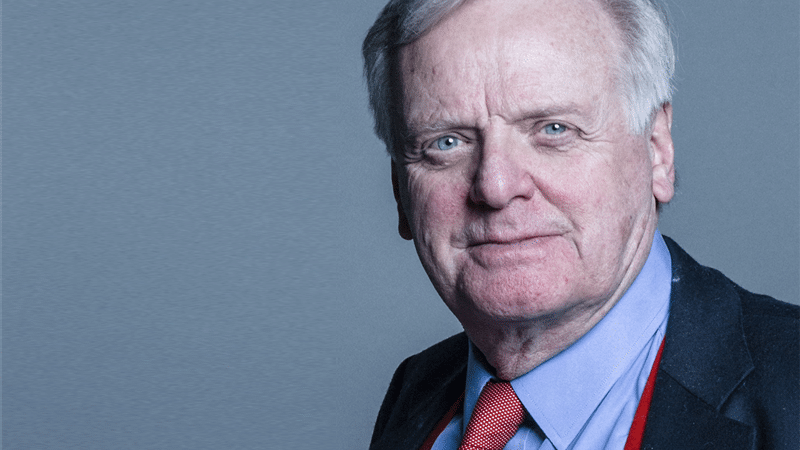Ofcom’s Chairman has accepted that the regulator should not be drawn into taking sides on contentious social issues.
Speaking publicly for the first time since his appointment in May, Lord Grade said that it was not part of the watchdog’s remit to ‘intervene in legitimate debate’.
In 2020, Ofcom’s Chief Executive Dame Melanie Dawes revealed that the regulator had taken advice from pro-trans lobby group Stonewall on how to bring ‘balance’ to debates on transgenderism.
Without ‘fear or favour’
Addressing the Royal Television Society Convention last week, Michael Grade said: “I want to be very clear: Ofcom does not, and should not, regulate the culture wars.
“Some try to conscript us to their cause. But we’re not interested. That is not our job”.
He added: “we never make decisions based on personal preference, political pressure, fear or favour.
“Instead, we all leave our various opinions at the door. We focus on the legal framework and duties given to us by Parliament, and make careful, balanced decisions based on the evidence.”
Online Safety Bill
Concerns have been raised about the regulatory powers afforded to Ofcom under the Government’s Online Safety Bill.
The Christian Institute has warned the Bill “turns Ofcom into the most powerful internet regulator in the West” and that “free speech will be the loser”.
In June, the Institute of Economic Affairs said Government plans give Ofcom “unprecedented powers to define and limit speech, with limited parliamentary or judicial oversight”.
Racists
Speaking before the Commons Culture Select Committee in 2020, Dame Melanie Dawes suggested that it is “extremely inappropriate” for those who believe biological sex cannot be changed to be included in TV or radio debates around transgenderism.
She was responding to comments made by SNP MP John Nicolson, a former BBC presenter, who complained that by attempting to bring balance to debates, the BBC was ‘attacking’ trans people.
The quango chief also said: “we would never accept people saying that racism was OK in a debate about race. It’s about making sure that we do that balance in an appropriate way, recognising that there are a lot of views around this”.
Culture Secretary: ‘Problematic wording in Online Safety Bill will be changed’
‘Online Safety Bill is suppressive’ says former Supreme Court judge
Liz Truss says Online Safety Bill must protect freedom of speech
Child safety expert: ‘Online Safety Bill should protect children but not restrict free speech’


